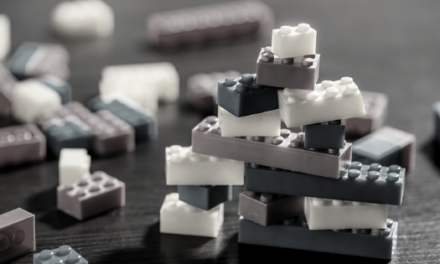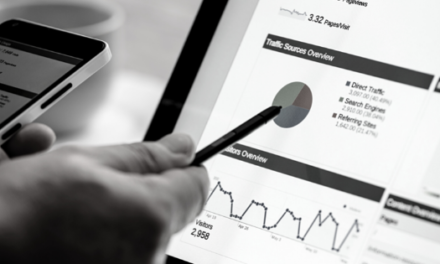Embracing a minimalist workspace transcends mere fashion—it signifies a profound shift in our approach to productivity and wellness. As professionals from various fields aim to enhance efficiency and minimise stress, the simplicity of a clutter-free workspace has emerged as an unexpectedly effective tool.
By adopting minimalism in our work environments, we not only refine our physical surroundings but also clear our mental clutter, unlocking a host of benefits that go beyond mere aesthetics.
1. Boosted Productivity
A tidy workspace is closely linked with increased productivity. Research indicates that excessive environmental stimuli can cause sensory overload, drastically reducing our concentration.
“Simplifying our surroundings allows for better focus and minimal distractions. Additionally, an orderly space can enhance workflow efficiency, cutting down the time spent rifling through papers or locating supplies,” note professional organisers at All Sorted Out.
This streamlined process fosters quicker, more effective work output, enabling the accomplishment of more objectives within existing timelines.
2. Enhanced Creativity
Creativity flourishes in spaces that promote serenity and order. A messy desk can stifle idea generation through cognitive congestion. In contrast, a neat environment nurtures an atmosphere ripe for innovation.
More than just physical tidiness, this is about crafting a mental zone where fresh, groundbreaking ideas can flow freely. For those in creative and problem-solving roles, a decluttered desk provides the pristine canvas necessary for sketching out novel solutions and vibrant designs.
3. Stress Reduction
The correlation between an organised workspace and lowered stress is extensively documented. Clutter can prompt cortisol production, fostering anxiety and strain.
An orderly desk can counteract this effect, instilling a feeling of tranquillity and mastery over one’s environment. This peacefulness significantly boosts job satisfaction and mental health, contributing positively to overall productivity and wellness.
Employees in neat settings tend to be more content and less burdened, enhancing their work quality and life satisfaction.
4. Improved Time Management
Clutter isn’t just unattractive—it’s a formidable thief of time. A disorganised desk often leads to misplaced essentials, causing delays as you search. A neat workspace simplifies locating necessary items swiftly, optimising time management.
Effective time organisation fosters more structured days and minimises wasteful activities, allowing for adequate breaks and a healthier work-life balance, essential for sustained enthusiasm and productivity.
5. Professional Image
An organised workspace eloquently speaks to your professionalism. It reflects discipline and personal integrity, attributes esteemed in any professional realm. This is especially pivotal during meetings, whether in-person or virtual, where first impressions matter.
An orderly work environment encourages trust and respect from clients and peers alike, paving the way for improved professional relationships and opportunities.
6. Healthier Work Environment
Beyond aesthetics, a clean desk contributes to a healthier workplace. Clutter can harbour dust, allergens, and even vermin, detracting from a healthy work setting. Regular tidying and decluttering foster a more sanitary environment, reducing the likelihood of illness.
With heightened health awareness today, maintaining a clean workspace is crucial—it reduces sick days and boosts overall team well-being.
Adopt the Minimalist Method for Maximum Benefit
The merits of a minimalist workspace are substantial and far-reaching. From elevating productivity and sparking creativity to polishing your professional image and fostering health, the perks form a persuasive argument for the minimalist method.
Amidst a global stride towards greater efficiency and well-being, dedicating time to declutter not only enhances your immediate surroundings but also contributes to a more fruitful, healthier professional life.
Let’s adopt this minimalist method and optimise our work lives—one uncluttered surface at a time.
Subscribe To Our Newsletter
Join our mailing list to receive the latest news updates and offers from our team.





















